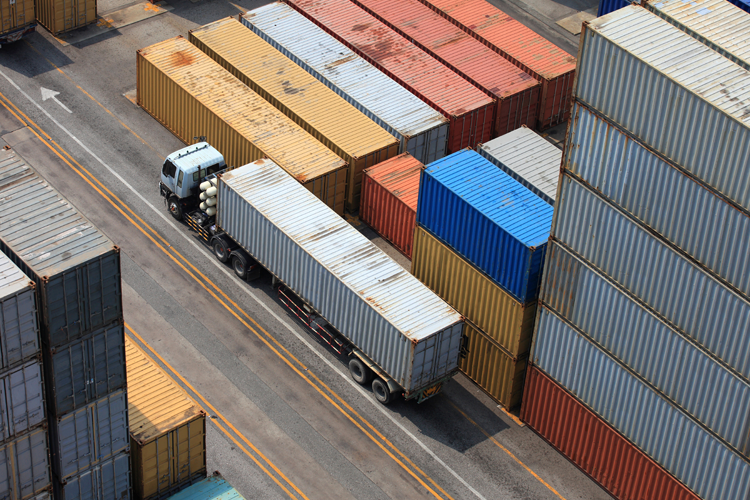

The crediting of PIS and Cofins on inputs used in business activities is a complex and significant topic for companies in Brazil. These contributions are federal taxes levied on companies’ gross revenue, and the crediting system is a tool to prevent the accumulation of these taxes.
Inputs, in a broad sense, encompass all raw materials, intermediate products, packaging materials, and any other goods or services directly used in the production or manufacturing of goods intended for sale or in the provision of services. The right to claim PIS and Cofins credits on these inputs is relevant to reduce the company’s tax burden, thereby increasing its competitiveness.
Some examples include:
- Raw Materials: All raw materials directly used in the manufacture of products for sale. For instance, wheat used in bread production at a bakery or steel used in car manufacturing at an auto plant.
- Intermediate Products: Items that, although not present in the final product, are essential to the production process. This could include chemical reagents in the production of medications or electronic components in an assembly line of devices.
- Packaging Materials: Materials used to package final products, such as boxes, plastics, labels, and other materials essential for the presentation and preservation of the final product.
- Electricity and Fuels: Used directly in production or the production process. For example, electricity consumed by machines on the production line or diesel used in agricultural machinery harvesting raw materials.
- Services Used in Production: Services directly applied to the production process, such as equipment maintenance, specialized industrial cleaning for production areas, and transport services for inputs to the factory.
- Rental of Machines and Equipment: When these machines and equipment are directly used in production or service provision.
Tax legislation establishes rules for using these credits. However, the exact definition of which items can be considered inputs and thus generate tax credits has been the subject of much discussion and controversy, both administratively and judicially.
The Superior Court of Justice (STJ), in a significant judgment (REsp 1.221.170/PR), adopted a broader criterion for defining inputs, considering them to be all goods and services essential and relevant to the company’s activity—those that effectively make up the production process and contribute to the company’s core activity.
This interpretation broadened the range of items that can be considered inputs, thereby allowing greater PIS and Cofins credits, benefiting many companies. However, much debate remains about the practical application of this definition, and companies often need to go to court to ensure the right to claim credits on certain inputs.
Furthermore, PIS and Cofins credits follow specific rules for companies under the non-cumulative regime of these taxes. This regime allows for the deduction of credits calculated on the amounts of inputs acquired for production or service provision, in contrast to the cumulative regime, where crediting is more limited.
In summary, keeping track of legislative changes and court decisions, along with efficient tax planning, is essential to maximize benefits and minimize risks associated with this aspect of business taxation in Brazil.